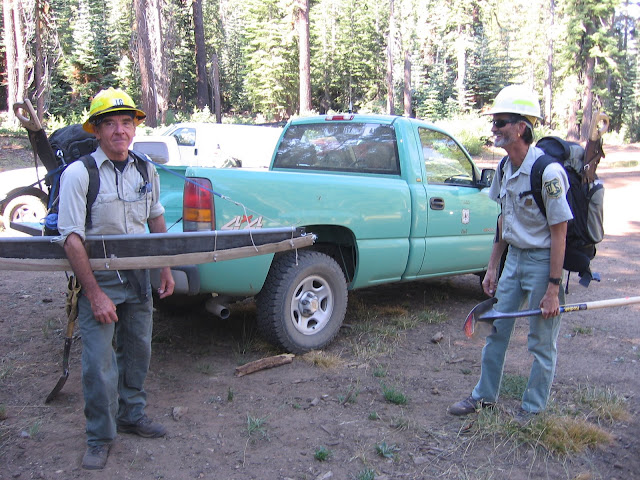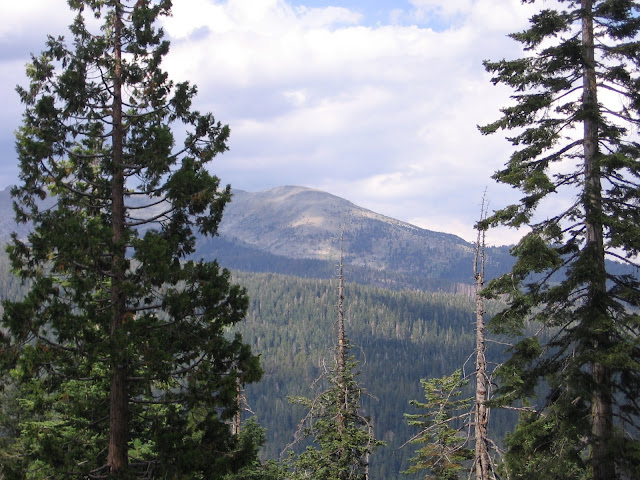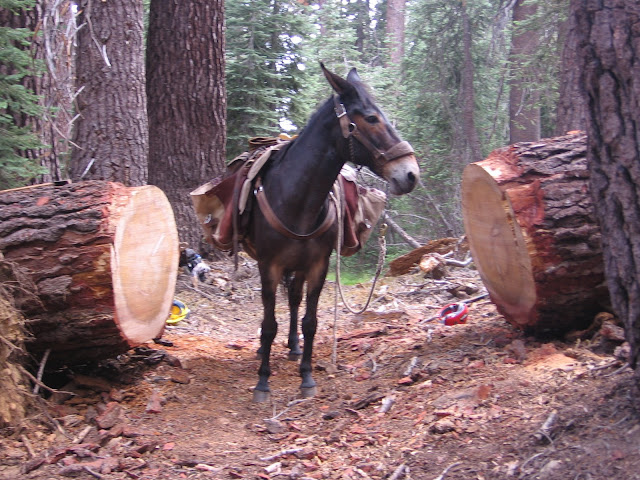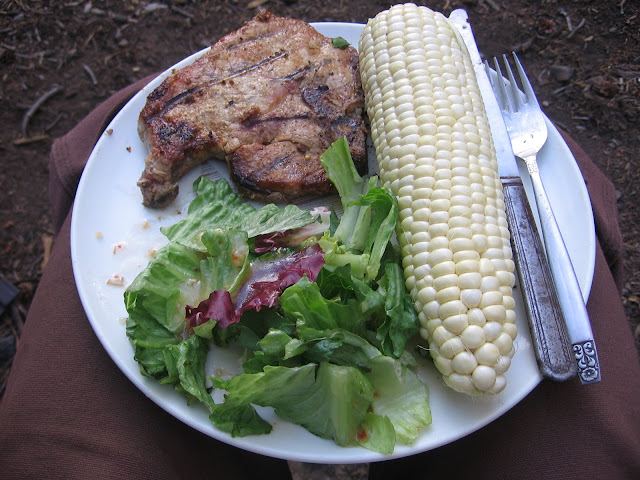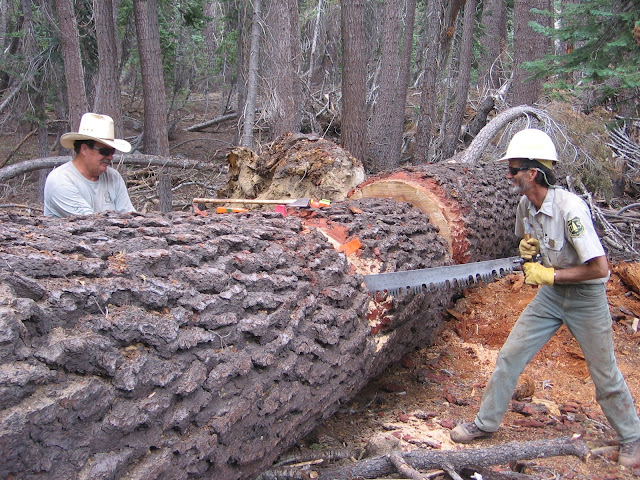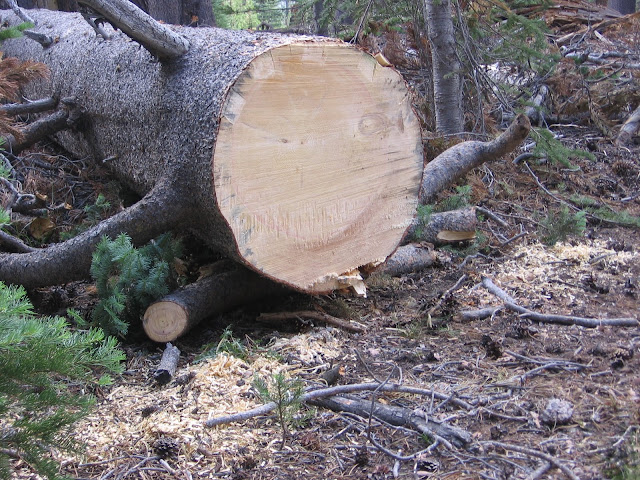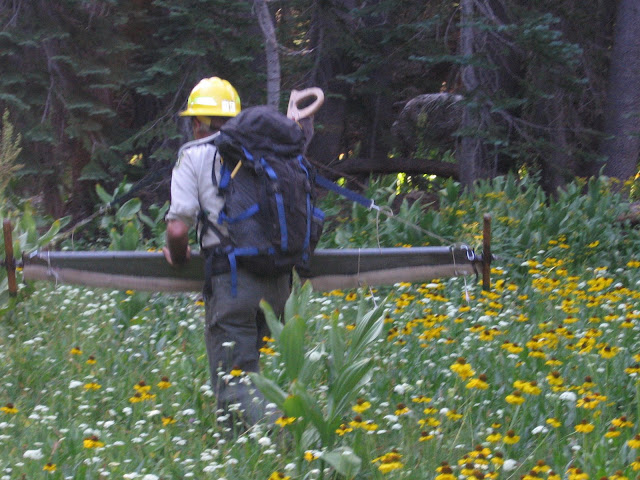Once I got a manageable outline going that wasn't getting itself tied up in metaphysical knots, the essay came together without too much trouble. It was a good experience, but all the same I'm glad to be finished. Time to move on - after catching my breath, of course.
There's a lot happening. I don't have nearly enough time at present for all the writing I want to do. For now, I'll leave you with some lyrics I wrote some time ago about pressing on through rough seas. Once again, it's time to trust.

Bracing for the windstorm
Huddled in the prow
Looking for the eye of the hurricane
The times I've felt afraid -
Made a golden cow
I wish that there was someone else to blame
But the truth remains
The voyage must go on
Come sun or come rain
The voyage must go on
Calm or distressed
The voyage must go on
Broken or blessed
The voyage must go on
Life is turning corners
Keeping up is hard
And freedom gnaws at my security
Walking on the water
Walking on the shore
It's all the same when you are serving me
And the truth remains
The voyage must go on
Glory or shame
The voyage must go on
Calm or distressed
The voyage must go on
Broken or blessed
The voyage must go on
Can you still a raging sea?
Can your peace reign over me?
Can I put my fingers into the holes in your hands?
'Cause the truth remains
The voyage must go on
Beauty or pain
The voyage must go on
Calm or distressed
The voyage must go on
Broken or blessed
The voyage must go on
Huddled in the prow
Looking for the eye of the hurricane
The times I've felt afraid -
Made a golden cow
I wish that there was someone else to blame
But the truth remains
The voyage must go on
Come sun or come rain
The voyage must go on
Calm or distressed
The voyage must go on
Broken or blessed
The voyage must go on
Life is turning corners
Keeping up is hard
And freedom gnaws at my security
Walking on the water
Walking on the shore
It's all the same when you are serving me
And the truth remains
The voyage must go on
Glory or shame
The voyage must go on
Calm or distressed
The voyage must go on
Broken or blessed
The voyage must go on
Can you still a raging sea?
Can your peace reign over me?
Can I put my fingers into the holes in your hands?
'Cause the truth remains
The voyage must go on
Beauty or pain
The voyage must go on
Calm or distressed
The voyage must go on
Broken or blessed
The voyage must go on
Image courtesy of gac.culture.gov.uk











